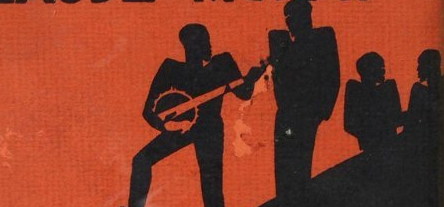
Les musiques populaires noires américaines ont toujours interpellé les intellectuels africains-américains, depuis W.E.B. Du Bois insérant des Negro Spirituals en exergue de son livre Les Âmes du peuple noir (1903) jusqu’à Ta-Nehisi Coates célébrant dans ses essais le rôle des rappeurs dans le processus intellectuel ayant fait de lui un écrivain. Dans ce cours, nous explorerons trois moments clés de cette relation entre musique et littérature : les années 1920, le blues et la Renaissance de Harlem, les années 1950-1960, le jazz et la montée en puissance des revendications politiques noires, et enfin les années 2000 et la question du hip-hop comme nouveau défi posé au débat public noir, entre déviance et légitimation. Nous tâcherons ce faisant de comprendre d’un point de vue anthropologique ce que nous disent ces trois moments sur la culture américaine et le point de vue noir sur le monde moderne.
- Opettaja: Emmanuel Parent
